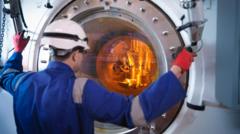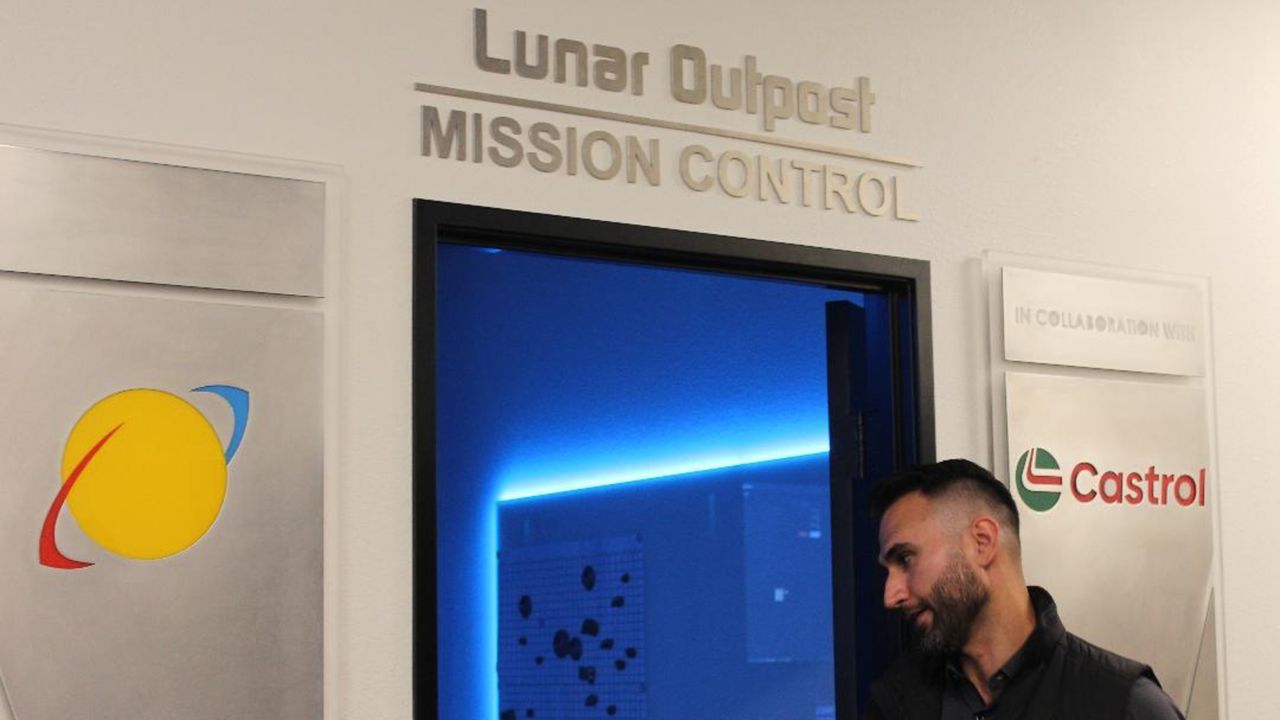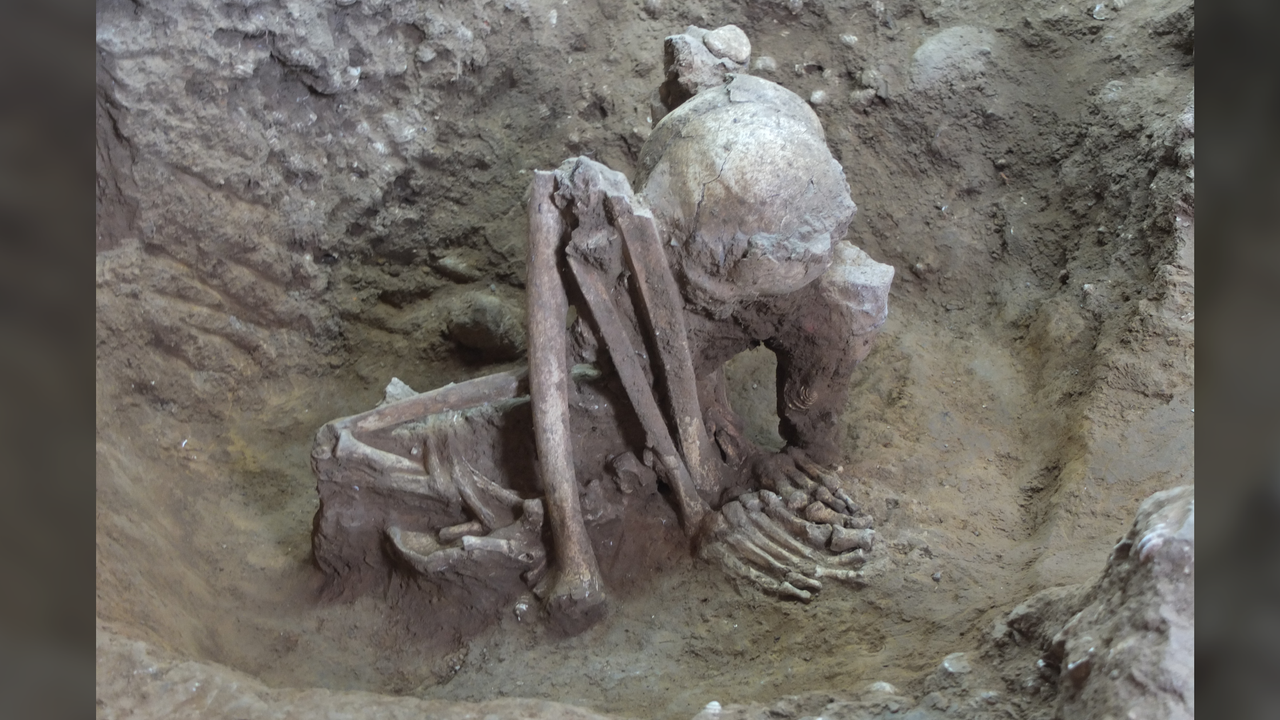The Guardian view on Merck’s exit: Britain’s biopharma strategy stalls in the face of China’s rise | Editorial
NegativeScience

Merck's recent decision to close its London research hub highlights significant challenges in the UK's biopharma sector, particularly in the face of increasing competition from China. Critics point to inadequate support for life sciences and strict NHS drug pricing as contributing factors.
Editor’s Note: This situation is crucial as it underscores the UK's struggle to maintain its position in the global biopharma landscape. With China's rise in innovation and investment, the UK must reassess its strategies to attract and retain major pharmaceutical companies like Merck.
— Curated by the World Pulse Now AI Editorial System






